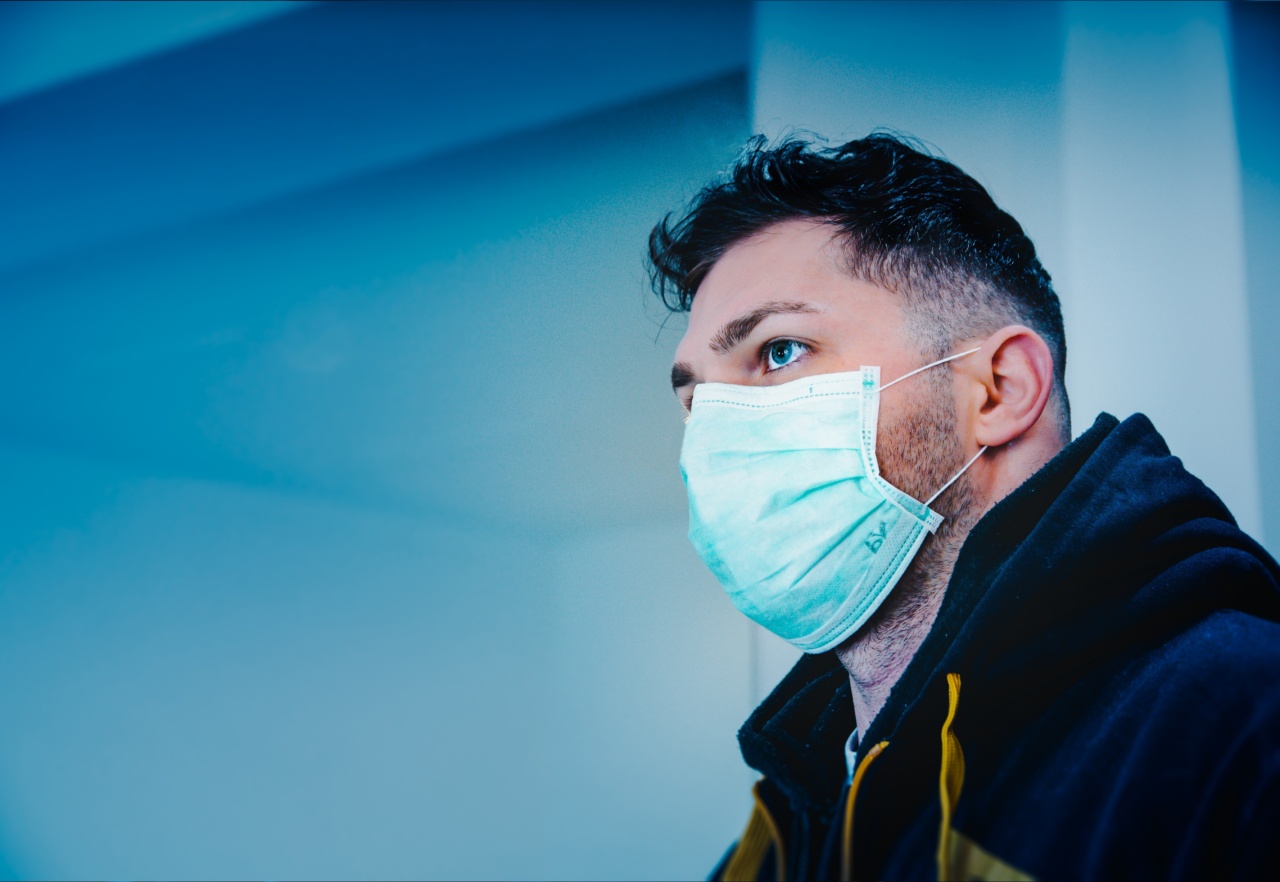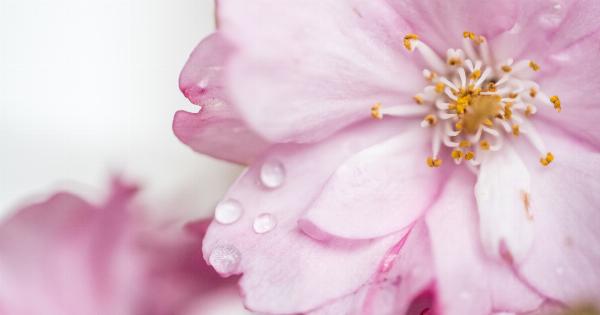Both the common cold and allergic rhinitis, commonly known as hay fever, can lead to similar symptoms, including runny nose, coughing, and sneezing.
However, it is important to know the difference between the two conditions, as the proper treatment and prevention methods differ.
Cold vs. Allergic Rhinitis
The common cold is caused by a viral infection, while allergic rhinitis is triggered by an allergic reaction. Colds are more prevalent in the winter months, while allergic rhinitis tends to occur in the spring and fall.
Symptoms of a Colds
Symptoms of a cold include runny or stuffy nose, sore throat, coughing, sneezing, body aches, and fatigue. These symptoms typically start to show up a few days after exposure to the virus and can last up to two weeks.
Symptoms of Allergic Rhinitis
Allergic rhinitis symptoms include runny or stuffy nose, sneezing, itchy eyes, and a scratchy throat. These symptoms are typically triggered after exposure to allergens such as pollen, pet dander, or dust mites.
Differentiation Factors
In addition to the differences in causes and symptom durations, there are other factors that can help differentiate between a cold and allergic rhinitis.
For example, while a fever is common with a cold, it is not typically associated with allergic rhinitis. Also, nasal discharge with a cold typically begins as clear and becomes thicker and more discolored as the infection progresses, whereas with allergic rhinitis, the discharge is typically clear and thin.
Prevention and Treatment
Preventing and treating a cold involves avoiding people who are infected, frequent hand washing, and getting enough rest. Over-the-counter medications, such as decongestants and pain relievers, can also help alleviate symptoms.
For allergic rhinitis, prevention and treatment include avoiding exposure to allergens, such as keeping windows closed during peak pollen season and using air filters in the home. Antihistamines and nasal steroid sprays are also effective treatment options.
When to See a Doctor
If symptoms persist for longer than two weeks or are particularly severe, it is best to see a doctor to determine the underlying cause.
In some cases, allergies can lead to complications such as asthma or sinus infections, so it is important to seek medical attention if symptoms are not improving or are getting worse.
Conclusion
Knowing the difference between a cold and allergic rhinitis is important for proper treatment and prevention. While both conditions can lead to similar symptoms, the causes, durations, and treatment options differ.
If symptoms persist or worsen, it is best to seek medical attention.




























